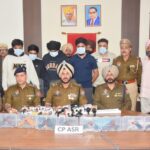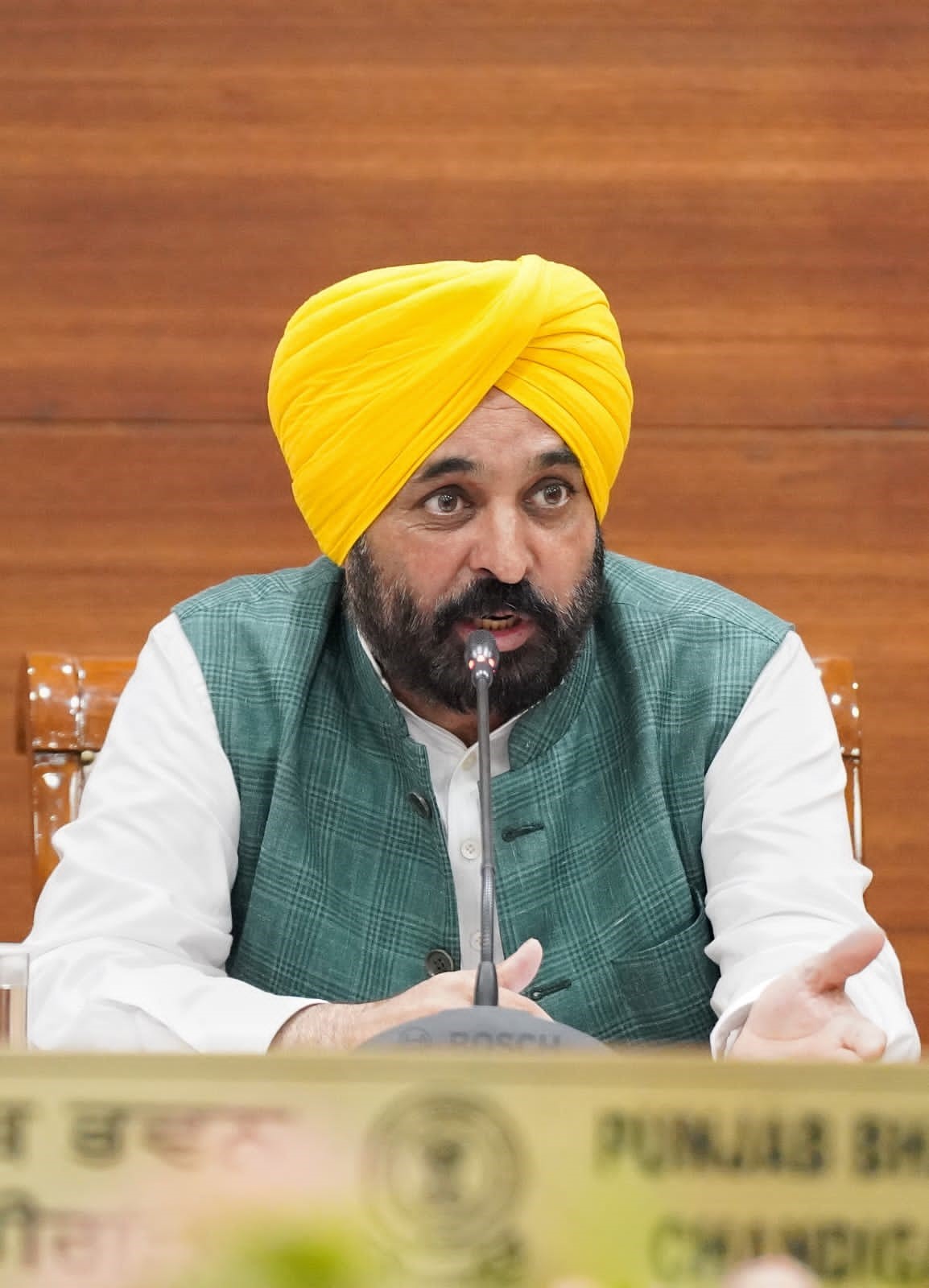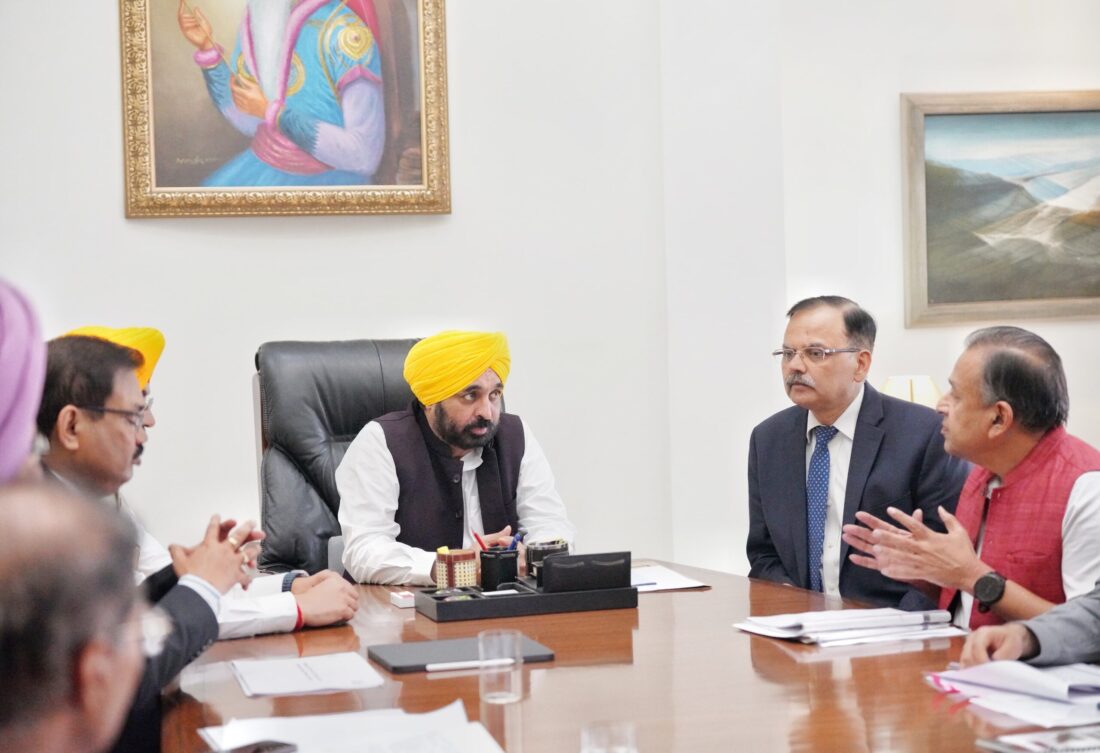North News
New Delhi, August 13
The postmortem report of the trainee doctor who was raped and murdered at Kolkata’s RG Kar Medical College and Hospital has revealed that she was strangled before being smothered to death. According to the Delhi-based news outlet India Today, the report indicated that her thyroid cartilage was fractured due to strangulation, and a deep wound was discovered in her private parts, attributed to “perverted sexuality” and “genital torture.” The four-page report suggested that the horrific crime likely occurred between 3 a.m. and 5 a.m. on August 9.
Civic volunteer Sanjoy Roy, who was arrested in the case, had struck her with such force that her glasses shattered, causing shards to pierce her eyes. “There was bleeding from both her eyes and mouth and injuries over the face. The victim was also bleeding from her private parts. She also has injuries in her belly, left leg… neck, in her right hand, ring finger and… lips,” the NDTV reported.

Further details from the report revealed injuries on the victim’s abdomen, lips, fingers, and left leg. It was also noted that her nose and mouth were clamped shut, and her head was forcefully pushed into a wall or floor to silence her screams.
The body of the female post-graduate trainee was discovered on Friday morning in the seminar room of West Bengal’s government-run RG Kar Medical College and Hospital. Sanjoy Roy, an outsider who was known to frequent the hospital grounds, was arrested on Saturday. The police also reconstructed the crime scene, although the arrested suspect was not present during the process.
In addition to it , junior doctors have been demanding a magisterial probe into the killing and have set an August 14 deadline for the Kolkata Police to complete their investigation. Junior doctors across West Bengal have continued their work stoppage, protesting the brutal rape and murder of their colleague and demanding justice. The ongoing strike has significantly impacted healthcare services, with long queues of patients seen at Outpatient Departments (OPDs) in government hospitals, where senior doctors have stepped in to handle the surge in patients.
















